YouTube's biggest star is making another bold business move. MrBeast reportedly plans to launch a phone company, joining a growing trend of celebrity cell service brands that are reshaping the mobile industry. This isn't just another celebrity endorsement deal—it's part of a calculated expansion that could redefine how we think about mobile technology and fan engagement.
What makes this particularly intriguing is Jimmy Donaldson's proven ability to transform unconventional business ideas into massive profit centers. With Beast Industries already valued at over $5 billion and Feastables generating millions monthly, he's betting big on diversification into tech. But unlike his previous ventures into food and entertainment, mobile services present unique operational complexities that could either amplify his success or expose new vulnerabilities in his business model.
Why celebrities are suddenly obsessed with mobile
The mobile industry is experiencing an unprecedented celebrity invasion, driven by a perfect storm of market conditions and proven success stories. Ryan Reynolds' stake in Mint Mobile led to a $1.35 billion sale in 2023, demonstrating that celebrity involvement can create billion-dollar exits in an industry previously dominated by massive corporations. This wasn't just smart marketing—it proved that celebrity-backed mobile virtual network operators (MVNOs) could achieve the customer acquisition and retention rates necessary for serious valuations.
The success immediately sparked a wave of imitators. The SmartLess team launched SmartLess Mobile on T-Mobile's network, while Donald Trump announced Trump Mobile, which the company claims it will use the networks of AT&T, Verizon, and T-Mobile; independent reporting indicates it currently runs over T-Mobile's network. What makes mobile particularly attractive compared to traditional celebrity merchandise is the recurring revenue model combined with unprecedented customer lifetime value—instead of a one-time $25 t-shirt purchase, you're looking at potentially $50+ monthly payments with multi-year customer relationships.
However, the harsh reality is that most mobile virtual network operators fail, making these ventures inherently high-risk despite their glamorous potential. The difference between Reynolds' success and the dozens of failed MVNOs comes down to execution fundamentals: customer acquisition costs, network quality management, customer service operations, and most critically, churn rate optimization. Celebrity status opens doors, but it doesn't automatically solve the technical and operational challenges that kill most mobile startups.
What makes MrBeast's move different
Unlike other celebrity ventures, MrBeast brings a track record of building complex, scalable operations that go far beyond his YouTube fame. Beast Industries made about $473 million in revenue for 2024 across its two main divisions, with the Commerce division seeing net sales increase 160 percent from 2023. To put that growth rate in perspective, most established consumer brands consider 20-30% annual growth exceptional—MrBeast's commerce operation is growing at rates typically seen only in venture-backed tech startups.
His success with Feastables demonstrates exactly the kind of operational sophistication required for mobile services. Feastables generated about $215M in net revenue in 2024, earning him more than his YouTube channel, and crucially, the brand is sold in major retailers like Walmart, Target, and Kroger. This retail distribution network required navigating complex supply chain management, quality control, compliance requirements, and retailer relationship management—skills that translate directly to the operational challenges of running an MVNO.
What's particularly relevant is his hands-on understanding of mobile technology as a creative tool. MrBeast uses the Samsung Galaxy S23 Ultra for content creation, giving him insights into mobile device capabilities that pure business celebrities lack. This technical familiarity could prove crucial in designing mobile services that actually leverage advanced device features rather than simply reselling basic connectivity.
The AI-powered future of celebrity phones
MrBeast's timing aligns with a fundamental industry shift that creates unprecedented opportunities for differentiation. Generative AI is becoming a staple in new mobile devices, with Gartner forecasts that by 2026 more than 80% of enterprises will have used generative-AI APIs or deployed GenAI-enabled applications. More importantly, AI-driven interfaces can analyze user data to deliver personalized content and recommendations, creating possibilities for creator-fan interaction that traditional carriers simply cannot match.
Consider the specific applications for MrBeast's audience: AI could generate personalized challenge suggestions based on viewing history, create location-based notifications for fan meetups, or even develop AI-powered philanthropy recommendations that align with users' interests and local community needs. These aren't generic mobile features—they're creator-specific applications that could justify premium pricing while creating genuine value for subscribers.
The market opportunity is substantial. The AI in mobile app market is projected to grow from $1.06 billion in 2018 to $16.23 billion by 2023, indicating massive investment and development resources flowing into exactly these capabilities. For a creator with MrBeast's technical understanding and audience engagement expertise, this represents a chance to build differentiated mobile services rather than simply reselling commodity connectivity.
Industry experts believe that the best way for new celebrity-backed networks to stand out is by offering something the big carriers can't—and AI-powered, creator-specific features could deliver unprecedented access to celebrities, blurring the line between audience and inner circle in ways that pure connectivity providers cannot replicate.
The billion-dollar gamble ahead
Despite the promising opportunities, MrBeast faces significant financial and operational challenges that could derail this ambitious expansion. Beast Industries has never been profitable and doesn't expect to be anytime soon, having lost roughly $200 million over the last few years alone. To put this in mobile industry context, typical MVNO startups require $50-100 million in funding to achieve sustainable scale—meaning MrBeast's current burn rate is equivalent to funding multiple failed mobile ventures.
The mobile industry presents additional operational challenges that go beyond his current expertise. Data privacy and security concerns, technical and adoption barriers, and operational issues have derailed much larger, better-funded companies. Mobile services require 24/7 network monitoring, regulatory compliance across multiple states, customer service operations that handle everything from billing disputes to technical troubleshooting, and partnerships with major carriers that can dictate terms to smaller MVNOs.
However, several factors suggest this venture might succeed where others fail. Management is telling investors to expect an IPO in two to three years, indicating confidence that current losses are strategic investments rather than operational failures. Additionally, forecasted business growth largely driven by successful product launches suggests that MrBeast's team has developed repeatable processes for scaling new ventures—exactly the capability needed for mobile service success.
What this means for the mobile landscape
MrBeast's phone company represents more than celebrity business expansion—it signals that the mobile industry is vulnerable to disruption by creators who understand audience engagement better than traditional carriers understand customer service. With celebrity cellular brands becoming a hot branding moment and proven billion-dollar exits already achieved, we're witnessing the emergence of a new competitive category that could force traditional carriers to fundamentally rethink their customer relationships.
The real test won't be launch execution—with sufficient funding and the right partnerships, launching an MVNO is achievable. The challenge will be avoiding the operational pitfalls that cause most mobile virtual network operators to fail while building something genuinely innovative beyond basic connectivity reselling. Success requires maintaining customer acquisition costs below $100, achieving monthly churn rates under 3%, and delivering customer service quality that exceeds traditional carrier standards—metrics that have defeated numerous well-funded attempts.
If MrBeast succeeds, the implications extend far beyond mobile services. We could see a wave of creator-led tech companies that prioritize community engagement and personalized experiences over the commoditized approaches that dominate traditional tech. These ventures would compete not on price or basic features, but on the depth of creator-audience relationships and the unique value that comes from genuine community connection.
Bottom line: the mobile revolution might just be getting started, led by creators who built their empires by understanding what their audiences actually want rather than what focus groups say they need. That's not just a compelling foundation for disrupting the mobile industry—it could reshape how we think about the relationship between technology, community, and commerce entirely.




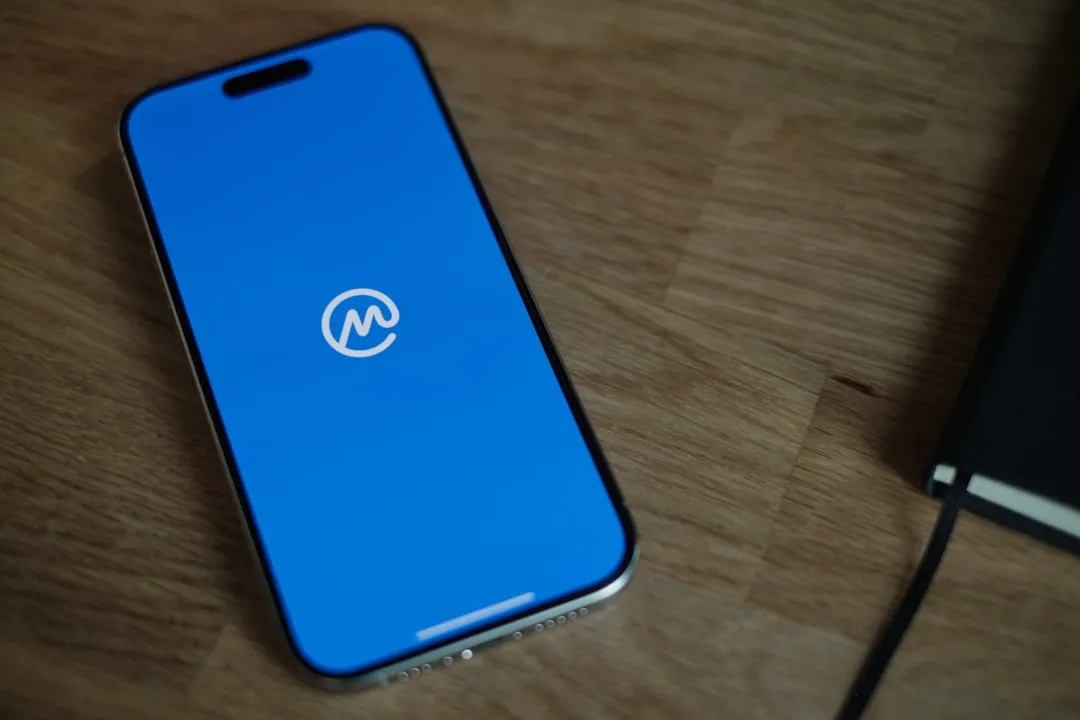














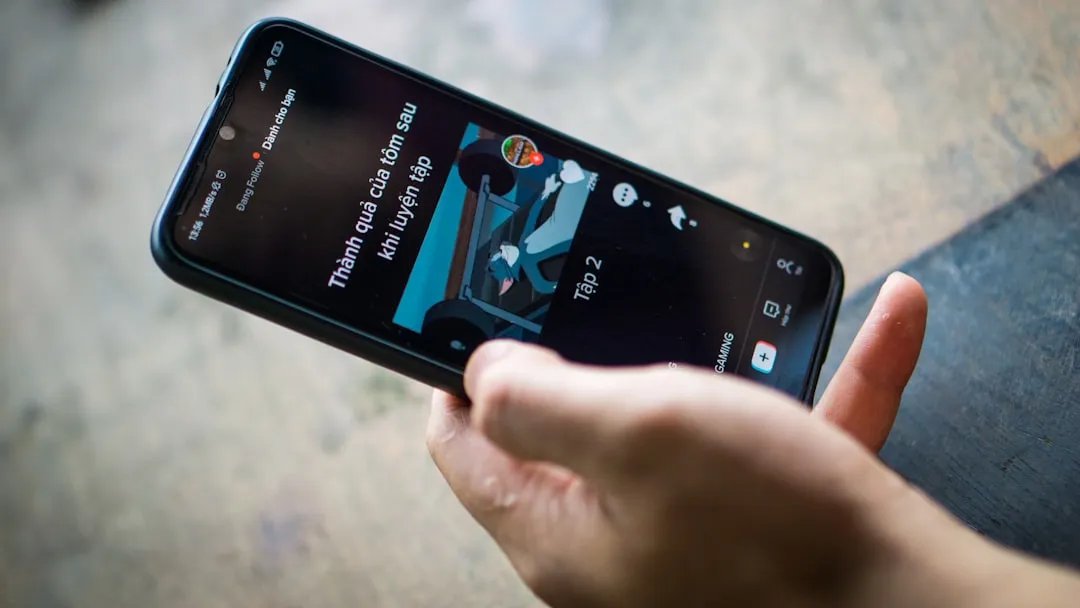
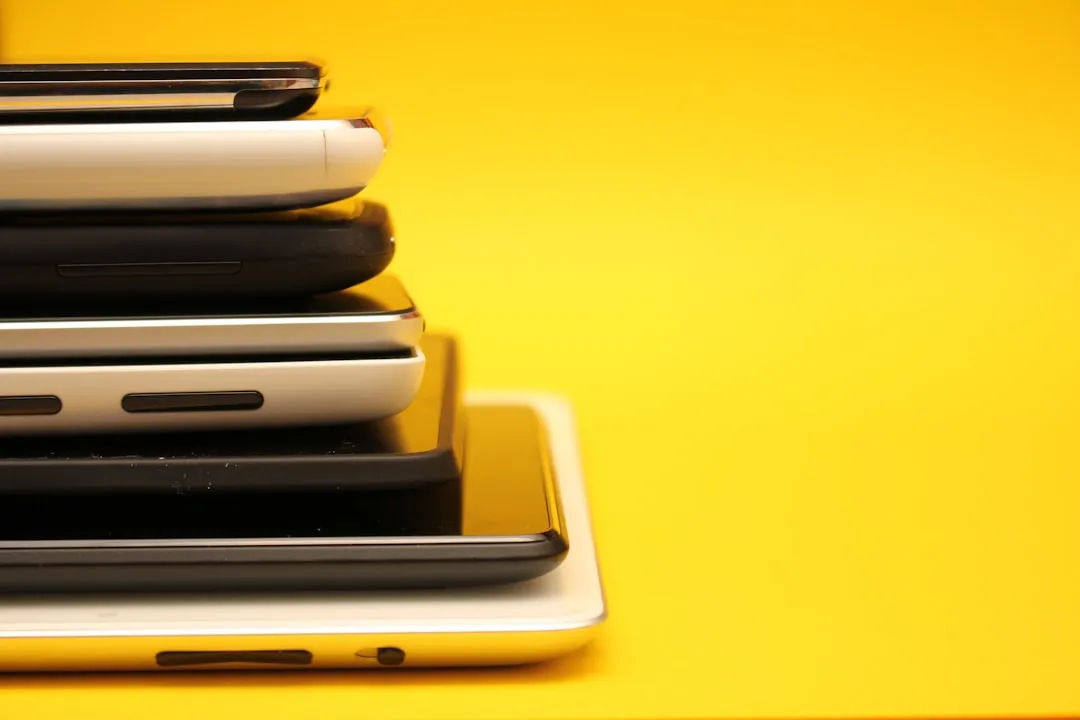

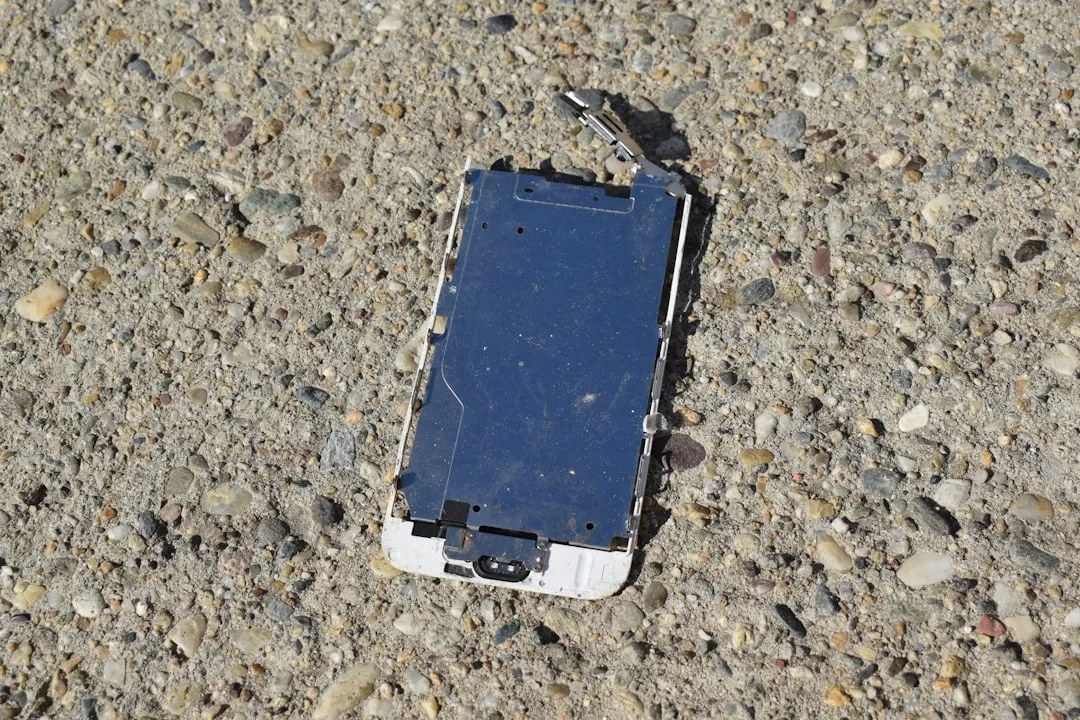

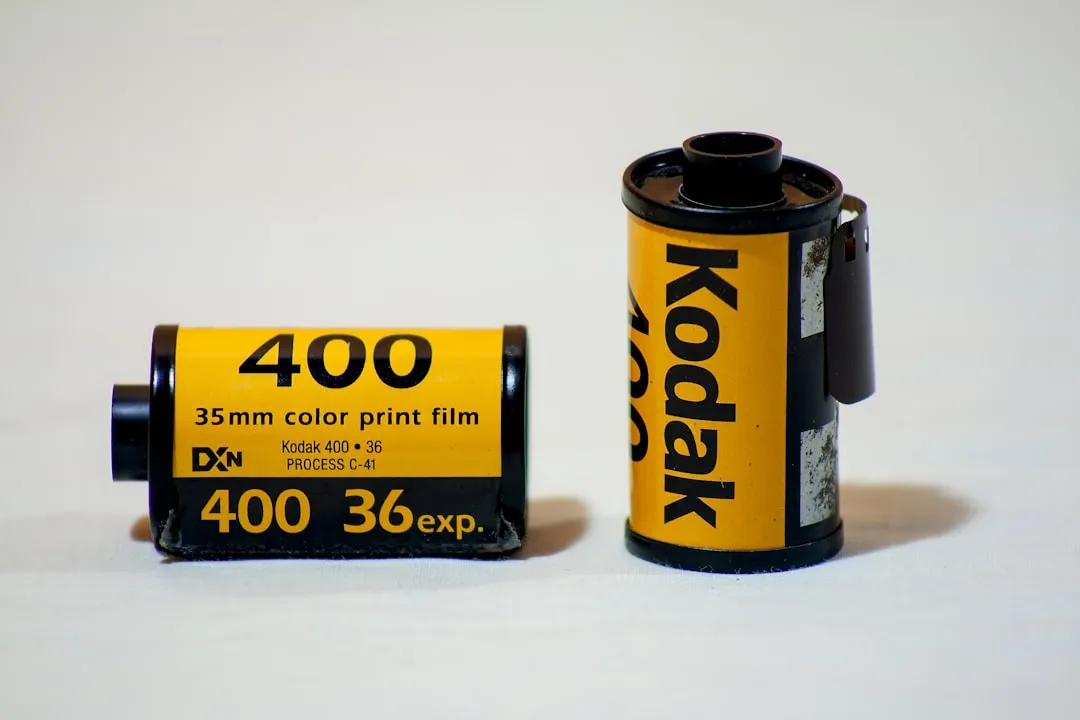
Comments
Be the first, drop a comment!